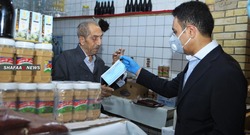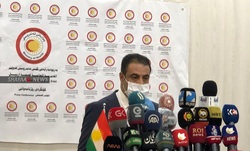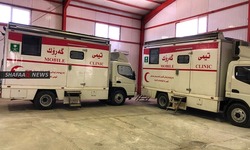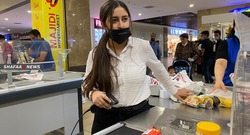Gender identity issues stir controversy in Iraq's Kurdistan: a principle or political tool?
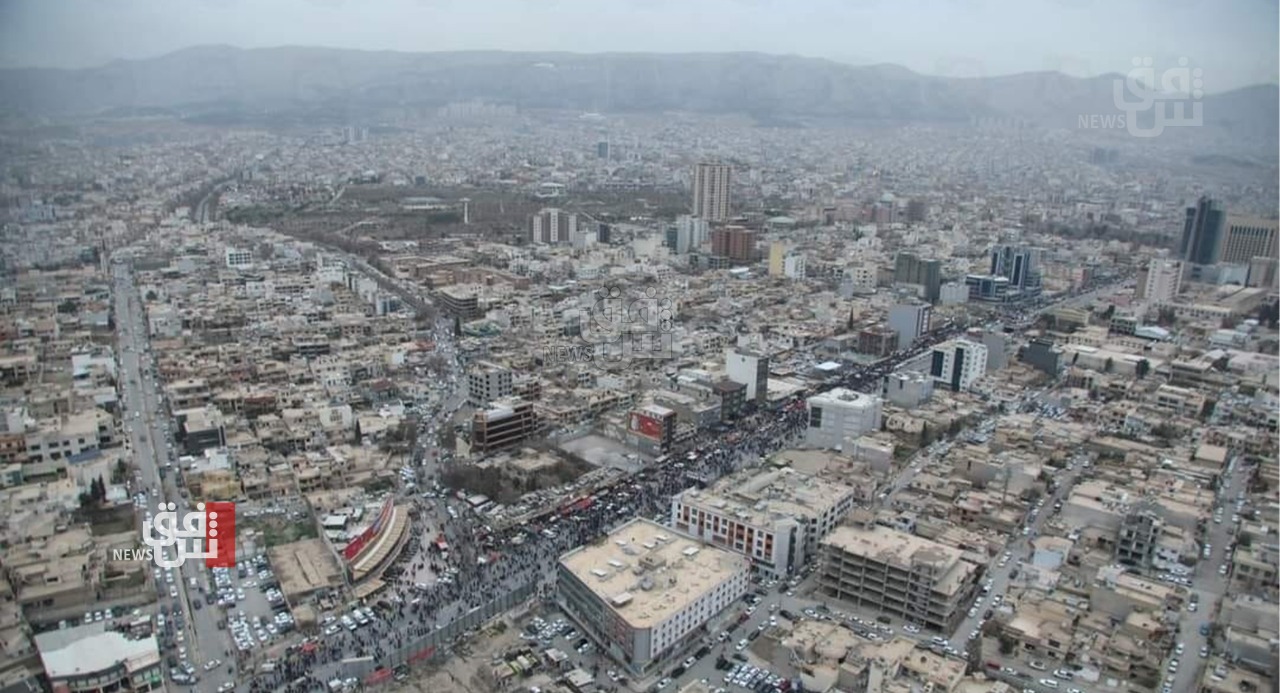
Shafaq News / The Gender dilemma has resurfaced again, igniting a wide controversy in the Kurdistan Region, amid calls to ban gatherings and activities raising awareness about gender identity issues in the Region.
Gender refers to the characteristics of women, men, girls, and boys that are socially constructed. This includes norms, behaviors, and roles associated with being a woman, man, girl, or boy, as well as relationships with each other. As a social construct, gender varies from society to society and can change over time, according to the World Health Organization.
This issue was recently brought up in light of a letter that al-Sulaymaniyah Council sent to Garmyan and Raperin administrations, as well as to al-Sulaymaniyah governorate, requesting that gender-related programs and activities be banned to protect the social structure of families and society.
The members also urged that a formal letter be addressed to the Kurdistan Parliament to request adopting a ruling banning discussions of "gender" and forbidding the issuing of licenses to any organization that operates on the basis that does not conform to the principles of (true religion).
Al-Sulaymaniyah Provincial Council, where the decision was made, was the starting point of Shafaq News Agency's investigation into the reasons behind this matter, so we contacted Karim Ali, a council member and a signatory to the memorandum requesting the ban.
He stated, "As every community has its own set of moral, religious, and social constants, the current conception of gender endangers the family and societal structures. There are places in society and the family suitable for the presence of men, while other spots women are required to occupy."
According to Ali, there are currently more pressing concerns in the Region than gender, including "the financial crisis, providing services and fuel to citizens, resolving open files with Baghdad, and others."
Castro Maarouf, a representative of the Kurdistan Communist Party and a member of al-Sulaymaniyah Provincial Council, disagreed and stated in an interview with Shafaq News Agency that "the request of eight members does not represent the opinion of the Council. It is also not permissible to deal with the opinions of members without holding a legal session and voting on them by the members of the Council."
He clarified that "The Vice-President of the Council's letter reflects the position of the council presidency, not the council's." wondering, "Does the Presidency of al-Sulaymaniyah council have the right to decide on a specific topic, based on a request submitted by a few members without reference to the other members of the Council? Moreover, the subject does not deserve to hold a session to discuss."
Litigants' Tool
According to Kurdish author Salam Abdullah, "gender" is a tool in the hands of Islamists and secularists who are far from the goals of this topic. However, he noted that "some secularists tried to exploit this thing to respond to their opponents by promoting a cause that provokes them" because "some Islamists did not apply the principles of religion that stipulate equality and equal opportunities between the sexes."
"The Kurdistan Parliament passed Law No. 14 in 2010, Article 10 of which requires the regional Ministry of Culture and Youth to promote the culture of social gender."
He continued, "The Islamist and secular parties aim to subjugate and ignore women's rights in society." He also believes that guaranteeing women their rights requires special legislation per democratic and liberal systems, especially communist systems.
Women's rights activist Horas Ahmed cited a long range of obstacles that "limit women from participating in the decision-making process and assuming senior positions", pointing to "a list of obstacles that include social, political, economic, legal, and even media aspects".
"As women are viewed within the context of their social function, they are viewed by society within a social framework. Consequently, there is a social -gender- definition even for the question of what constitutes work. As a result, a list of specified occupations or sectors of labor for women has been established because, according to the prevalent social perspective, women cannot hold certain positions and professions."
"Women are restricted to mostly humanitarian professions, such as health, education, social work, and human rights, as they consider that these fields of work are appropriate for a "woman's personality". However, this viewpoint illustrates the distribution and classification of jobs and professions depending on gender, which conflicts with the equality principle."
